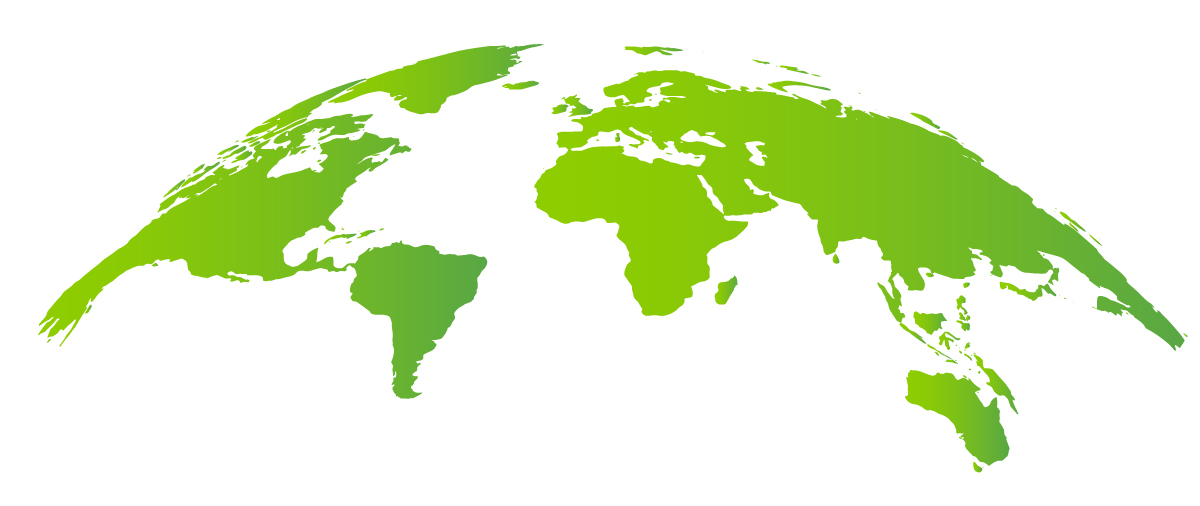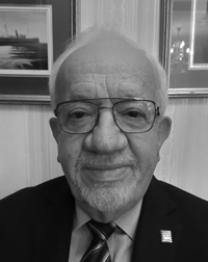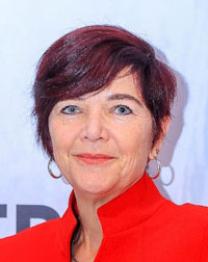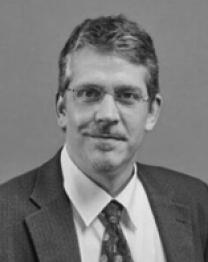Bold actions commensurate with the urgency of the current climate situation are needed for a successful energy transition. Most of the energy transition must be based on renewable sources. A record-breaking $1.3 trillion in worldwide investments in energy transition technologies was reached in 2022. Global annual spending in these technologies must more than double to $5 trillion to maintain Paris Agreement target of limiting future global warming to 1.5°C. By 2030 global energy transition investments must reach $5.5 trillion annually over the next 8 years. UNCTAD estimates that developing country investment levels must reach $1.7 trillion annually. However, developing countries have only attracted $544 billion in FDI for clean energy in 2022.
The magnitude of required investment indicates a corresponding huge, growing commercial market for low carbon energy technologies that developing countries must seize as producers and exporters of renewable energy goods and services. The opportunity cost of not participating in this growing market and risks of leaving developing countries behind is high.
This event will examine how the GSTP can be harnessed to ensure its member states reap commercial and development benefits from the energy transition. It will explore how the preferential reduction of tariffs among GSTP participants on low carbon technologies, inputs and upstream goods required for their manufacture can create new investment, production, and trade opportunities.
It will also consider how GSTP investment, production and trade in renewable energy technologies can be supported by GSTP rules of origin provisions and through a government procurement preferential agreement among member states. Additionally, options for South-South transfer of technology mechanisms such as patent pools, joint research and training centers could contribute for a faster sharing and uptake of innovative solutions.
By enabling increased cooperation and coordinated industrial policy, GSTP can be turned into an effective instrument for maximizing its members’ participation in, and allowing them to benefit from, a global energy transition while avoiding dependency-led scenarios which might otherwise occur wherein they assume increasingly large debts to finance their imports of renewable energy technologies from developed countries.
Programme
Moderator
- Mr. Awni Behnam, Former Assistant Secretary General of the United Nations and Former Senior Advisor to the Secretary General of UNCTAD
Speakers
- Ms. Chantal Line Carpentier, Head, Trade, Environment, Climate Change and Sustainable Development Branch, DITC/Mr. Robert Hamwey, Economic Affairs Officer, TED, DITC (The potential of South-South cooperation on low carbon technology goods, sustainable food products and plastic substitutes)
- Mr. Christophe Bellmann, Head of Policy Analysis and Strategy
- Forum on Trade, Environment & the SDGs (TESS) (The potential for South-South cooperation on food products)
- Mr. Carlos Correa, Executive Director of the South Centre (The potential of South-South cooperation on transfer of green technologies).
Open discussion
A former United Nations diplomat with 27 years of experience in the diplomatic service. He served on request as Secretary of the Ministerial meetings of the G77 prior to UNCTAD in Tehran, Havana, Morocco, South Africa and as Secretary of the G77 regional meetings in Bangladesh, Jordan, Lebanon.
He assisted and advised the Government of Qatar in organizing the South Summit in Doha, 2004, and other countless events including the GATES conference in Shanghai and GPA in Beijing.
He has BA in business administration from Mustensiriya University (1968) and a Msc and PhD at the University of Wales (1972-76).
Chantal Line Carpentier joined UN Trade and Development (UNCTAD)'s Division on International Trade and Commodities (DITC) in 2014, after serving as Chief, UNCTAD New York Office of the Secretary-General. She brings to the Branch over 25 years of work experience in international trade, and environmental and agro-economics.
Prior to working with UNCTAD, she supported the Commission on Sustainable Development and served as Major Groups (of non-State actors) coordinator for the UN Rio+20 Conference and the SDGs negotiations at the United Nations Department of Economic and Social Affairs (UNDESA). She also supported the sustainable consumption and production and sustainable agriculture negotiations.
As Head of the North American Free Trade Agreement Commission for Environmental Cooperations, she lead work on the nexus of environment, economy, and trade. She also served as Agro-environmental Policy Analyst for Winrock International, and post-Doctoral fellow/Brazil office manager for the International Food Policy Research Institute.
She has an extensive list of publications on sustainable agriculture, trade and environment, sustainable consumption and production, financing for sustainable development, stakeholder engagement, global value chains, micro, small and medium enterprises, and economic empowerment of women.
She obtained a PhD. in Agro-Environmental Economics from Virginia Technology and MSc. and BSc. from McGill University.
Christophe Bellmann is the Head of Policy Analysis and Strategy at the Forum on Trade, Environment and the SDGs.
He is also an Associate Fellow at Chatham House and a Visiting Fellow, at the Institute of International Trade of the University of Adelaide. Since 2014, he serves as adviser to the group of least developed countries in WTO negotiations. His work focuses on trade and environment, climate change, the circular economy, development and food security.
Before joining TESS, Mr. Bellmann was a Senior Policy Advisor at the International Institute for Sustainable Development (IISD) and a Senior Resident Research Associate at the International Centre for Trade and Sustainable Development (ICTSD). Over the course of his career, he has worked in different capacities for various international organizations including FAO, UNCTAD, the OECD, the WTO and ECLAC.
He holds a master's degree from the Graduate Institute of International and Development Studies in Geneva.
Dr. Carlos M. Correa is the Executive Director of the South Centre. Dr. Correa has worked with the Argentine government and has been the Director of the Center for Interdisciplinary Studies on Industrial Property and Economics at the Law Faculty of the University of Buenos Aires.
He has been a member of the Scientific Council of the Deutsch-Argentinisches Hochschulzentrum, of the UK Commission on Intellectual Property, of international expert commissions convened by the World Health Organization and of the FAO Panel of Eminent Experts on Ethics in Food and Agriculture. He has been a visiting professor in post-graduate courses of several universities, as well as consultant to various regional and international organizations, including FAO, UNCTAD, UNDP and UNIDO.
He is the author of several books and of numerous articles. He is a lawyer and economist and holds a PhD in Law from the University of Buenos Aires.





